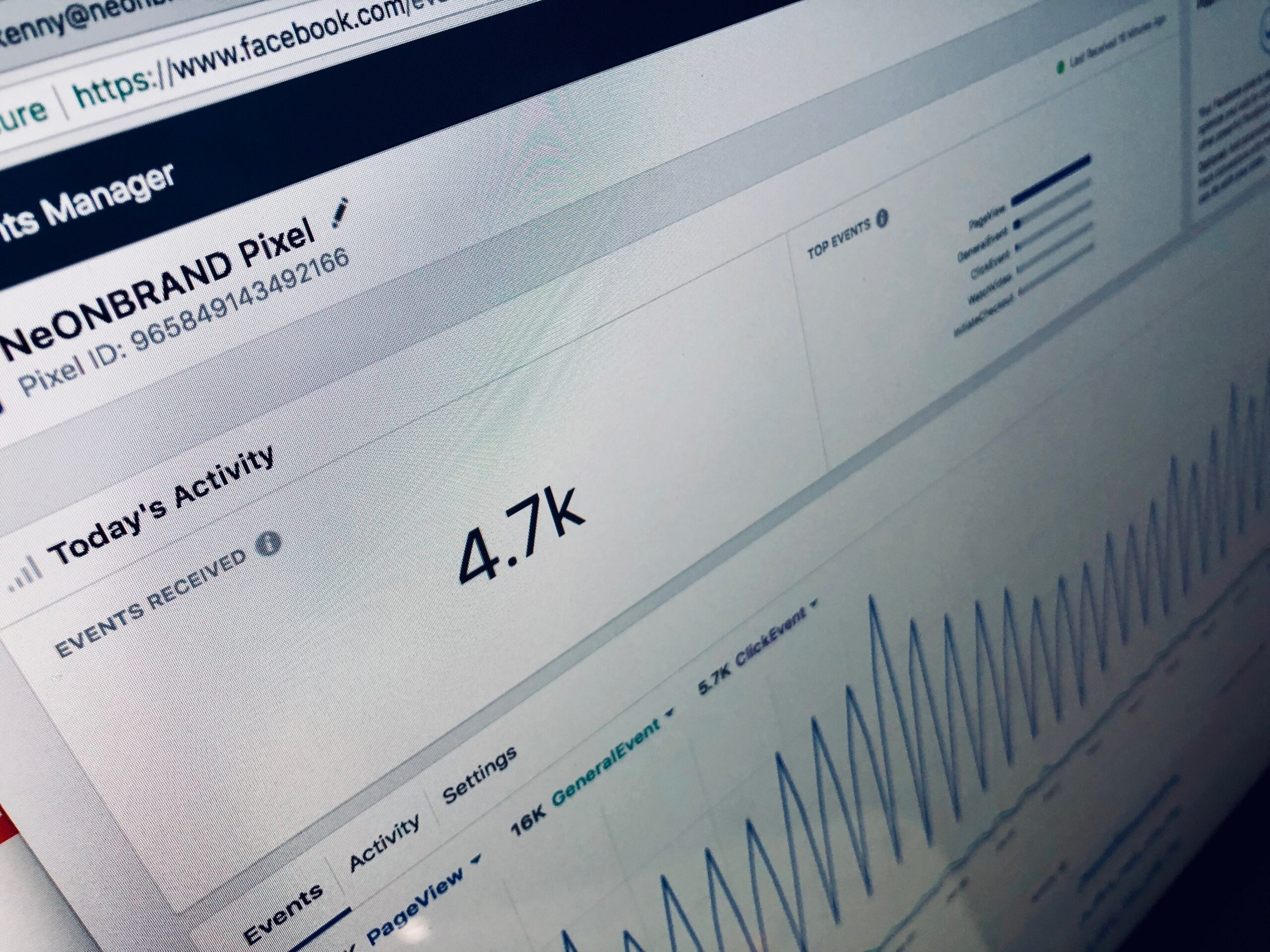Successful business operations require smart planning, strategic decision-making and effective tools to manage resources efficiently. One specific area that companies are increasingly investing heavily in is customer relationship management (CRM) to improve their business operations. This is because in our era of digital revolution and intense competition, effective customer relationship management can make the difference between business success and failure. In this article, we take a closer look at the cost-saving implications of using CRM software in business operations. We'll explore all the ways CRM software can help reduce operating costs, improve marketing and sales effectiveness, and how it helps with customer retention.
UNDERSTANDING THE ROLE OF CRM IN THE BUSINESS
CRM software is a comprehensive tool that helps businesses manage interactions with current and potential customers. It integrates all components of running a successful customer-driven business, including sales, marketing, service and support. The purpose of using CRM is to improve business relationships with customers, assist in customer retention and drive revenue growth. As such, CRM software can be seen as a strategic necessity for companies looking to gain a competitive edge in the marketplace. The importance of CRM in business cannot be overemphasized. In today's competitive landscape, understanding customers and their needs is paramount. By effectively managing customer relationships, companies can forge stronger connections with their customers, which invariably leads to improved customer satisfaction and higher loyalty rates. Importantly, satisfied and loyal customers often translate into increased revenue for businesses.
CRM's role in business goes beyond managing customer relationships. It also provides valuable insights into customer behaviour, preferences and needs. This enables companies to make informed business decisions, adapt their marketing strategies, and provide personalized interactions that meet the different needs of their customers. In addition, CRM software introduces businesses to a whole new level of organization. Keeping customer information in one centralized location makes it easier for businesses to manage and track customer interactions. This way, every member of the team has access to the same updated information, so everyone is on the same page.
HOW CRM SOFTWARE HELPS REDUCE BUSINESS COSTS
One of the main benefits of CRM software is its ability to reduce operating costs. This cost reduction comes in several ways, and here are five key ways CRM makes it possible:
Streamlining customer data management
In an era where data is considered the new oil, effectively managing customer data has become a top priority for businesses. CRM software addresses this by streamlining customer data management. CRM systems are designed as a centralized repository for all customer data, making it significantly easier for businesses to manage, track and analyze this data. With a CRM system, companies can dramatically reduce the time and resources spent on manually managing customer data. The system ensures that all customer data is stored in one location, making it easy to access and update. By doing so, the CRM system helps remove data silos within the organization and promotes better data transparency and organization.
In addition, CRM systems ensure that customer data is kept accurate and up-to-date. Any changes or updates to customer data are reflected in real time throughout the system. This means every member of the team has access to the same accurate and up-to-date customer data, so everyone works with the most up-to-date information. This effectively eliminates miscommunications, confusion and errors that could potentially lead to business costs. In addition, CRM systems integrate with other business tools and systems. This ensures seamless data flow between different systems, improving data consistency and reducing the risk of data duplication or errors.
Automate repetitive tasks and processes
One of the main benefits of CRM software is its ability to automate repetitive tasks and processes. Through automation, CRM software can significantly increase efficiency and productivity, reducing operating costs. CRM systems can automate a wide range of tasks, from sending automated emails to customers at various stages of the customer journey, to scheduling follow-ups, filling out forms and updating contact information. By automating these tasks, companies can significantly reduce the amount of time and resources spent on administrative tasks.
In addition, automating tasks ensures that these tasks are completed accurately and on time, reducing the chance of errors and miscommunication. In addition, employees can focus more on strategic tasks that require a human approach, instead of spending their time on routine, mundane tasks. The automation capabilities of CRM software go beyond tasks. Many CRM systems now have advanced functionality that enables the automation of key business processes. For example, some CRM systems can automatically route leads through the sales pipeline, automating the entire sales process and reducing time and effort spent on sales activities.
Improving customer service efficiency
CRM software also plays a key role in improving customer service efficiency. By leveraging the unified view of customer interactions provided by CRM tools, customer service representatives can resolve customer complaints and inquiries faster and more effectively. With a CRM system, customer service representatives have instant access to a customer's entire interaction history with the company. This includes past purchases, interactions, complaints, preferences, and more. This consolidated view enables reps to understand the context of a customer's situation, reducing the need for customers to repeat themselves and saving valuable time.
In addition, CRM systems are often equipped with features that allow efficient tracking of customer complaints and inquiries. Customer service representatives can track the status of a customer's issue, set reminders for follow-ups, and automatically update the customer as the issue progresses. These features ensure no customer issues are overlooked and translate into faster problem resolution times. Finally, CRM software can help provide proactive customer service. By analyzing patterns in customer behavior and interactions, CRM systems can predict potential problems before they happen. This gives companies the opportunity to proactively address these issues, leading to increased customer satisfaction and loyalty.
Improving sales and marketing effectiveness
CRM software not only reduces operating costs; it can also boost sales and improve marketing effectiveness. With a deep understanding of customer behaviors and needs, sales and marketing teams can tailor their strategies for maximum impact. CRM software provides a wealth of data on customer behavior, buying patterns, preferences and more. By analyzing this data, sales and marketing teams can develop more targeted campaigns, personalize their messages, and deliver the right offers at the right time. This focused approach not only increases conversion rates, but also reduces marketing costs by eliminating waste.
In addition to improving marketing effectiveness, CRM software also helps accelerate sales. By having a complete view of the customer's interaction history, sales reps can easily identify upsell or cross-sell opportunities. In addition, CRM systems can automatically route leads through the sales pipeline, making the sales process more efficient and shortening the sales cycle. Finally, CRM software can improve the accuracy of sales forecasts. Through data analytics, CRM systems can predict future sales trends and help companies make informed decisions about their sales strategies and budgets. This leads to a more effective allocation of resources and ultimately to cost savings.
Reduce customer churn and retain valuable customers
Customer retention is a key factor in the success of any business. In fact, studies show that acquiring a new customer can cost up to five times as much as retaining an existing one. CRM software plays an important role in reducing customer churn and ensuring valuable customers remain loyal to your business. CRM systems provide detailed insights into customer behavior, helping companies identify high-risk customers before they walk away. By leveraging this information, companies can proactively reach out to these customers, resolve their issues, and work to improve their experience.
In addition, CRM software enables companies to personalize their interactions with customers. Personalization plays a vital role in the customer experience, with studies showing that personalized interactions can increase customer loyalty and reduce churn. By providing personalized experiences, companies can create stronger connections with their customers and increase their satisfaction levels. In addition, CRM software provides businesses with the tools to improve their customer service, which is an important factor in customer retention. By resolving customer issues quickly and efficiently and providing proactive customer service, companies can significantly increase customer satisfaction, which translates into higher customer retention rates.
CONCLUSION
In conclusion, the cost-saving impact of CRM software on business operations is significant. From streamlining customer data management and automating repetitive tasks to improving sales and marketing effectiveness and reducing customer churn, CRM software offers businesses numerous ways to reduce costs and drive efficiency. As businesses continue to navigate the digital revolution, using CRM software is not just an option, but a necessity. The strategic use of CRM tools not only enables cost savings, but also fosters stronger customer relationships, driving business growth and long-term success.














